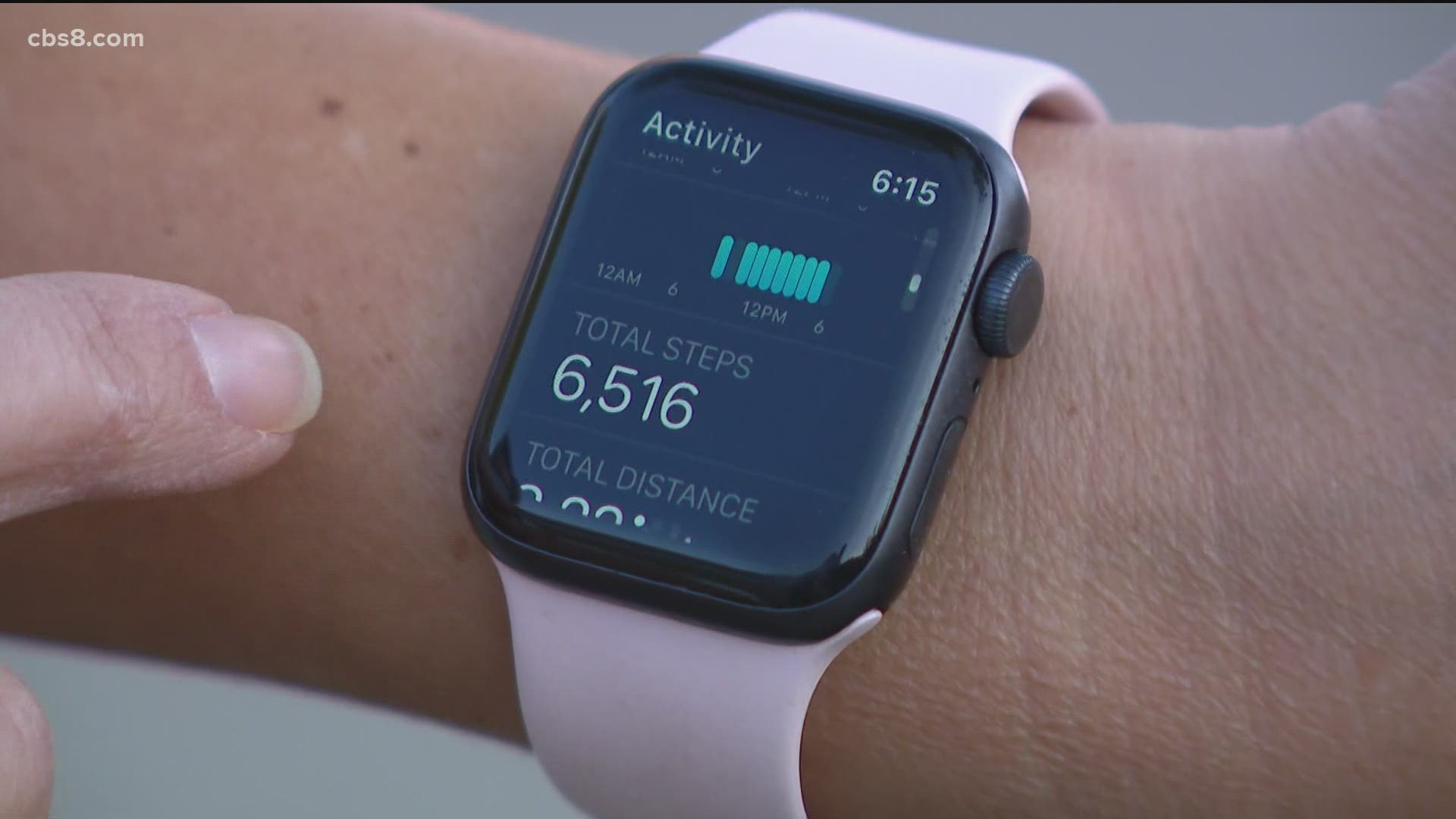WEST LAFAYETTE, Ind. — Your smartwatch may be smart enough to tell you that it's time to get a COVID-19 test.
Researchers at Purdue University want to know if the health data gathered from your wrist is reliable enough to detect that a person is getting sick.
An estimated one in five Americans wear a smartwatch or fit tracker, according to the Pew Research Center.
"I use it every day. I'm a data geek," said Jillian Bolen. "I like seeing how many steps I get; how much activity I'm doing per day."
"Mine is great for daily fitness things," said fellow runner Kylie Harness. "Whether running [or a] CrossFit-style workout."
The study out of Purdue will analyze biometric data to see if certain changes in biometric data could be an early sign a person is infected with the coronavirus.
Researchers say early detection could help slow the spread of the virus.
"If you could have your watch tell you, 'Hey, you might be coming down with the flu', that might help you identify that earlier to stay home and we can limit the spread of that," said Craig Goergen, Associate Professor of Biomedical Engineering at Purdue.
In a pandemic, it could be a game-changer.
"There's a suggestion that heart rate and respiration rate can actually predict viral infections before you start to see fevers or other symptoms," Goergen explained. "So this won't replace a diagnostic. You'd still need to get tested. But the idea is that it could tell you earlier on in the process that you may be having some kind of viral infection and you should get tested earlier."
For the study, Purdue teamed up with PhysIQ, a digital health technology company based in Chicago that started enrolling last month. One-hundred participants of all ages and genders are getting smartwatches and chest sensors to wear for five days. Their data is then sent remotely to researchers at PhysIQ for analysis
Right now, the researchers are using Purdue students, staff, and faculty who signed up to participate, but they plan to eventually expand the study to include people considered at high risk of contracting the coronavirus.
Goergen said they expect results for publication within a couple of months.
Again, a smartwatch can't tell you if you're COVID-19-positive, but the hope is to discover that we can get a warning of potential illness right from our wrist.

